
NO&T Asia Legal Review
In furtherance to the implementation of Law No. 11 of 2020 on Job Creation (“Omnibus Law”), which provides that an appeal from the decision of the Indonesian Anti-Monopoly Supervisory Commission (“KPPU”) shall be submitted to the Commercial Court (previously it was submitted to the District Court), the Supreme Court of Republic of Indonesia has issued the Regulation of Supreme Court No. 3 of 2021 on Procedures for the Filing and Examination of Appeal to KPPU Decisions (“Supreme Court Regulation 3/2021”). The Supreme Court Regulation 3/2021 came into effect from 17 September 2021.
Supreme Court Regulation 3/2021 revoked the earlier Supreme Court Regulation No. 3 of 2019 which regulated that appeals from KPPU decisions were to be submitted to the District Court.
According to the Supreme Court Regulation 3/2021, appeals against KPPU decisions can only be filed by business actors against KPPU, not vice versa. Moreover, Supreme Court Regulation 3/2021 stipulates that in the event that the appeal is submitted by one or more business actors but there are other business actors in the same case that do not file an appeal, the KPPU decision will be considered final and binding on those that do not file an appeal.
The appeal against KPPU decisions must be filed in accordance with the following timeline:
The appeal can be filed electronically through the Court Information Electronic System. Following any such measure, the issuance of any summons or notification, as well as the rendering of appeal decision will be conducted electronically.
Upon receiving the appeal request, the Head of Commercial Court will form a panel of judges to adjudicate the appeal case within three days. The judges must obtain the certification with respect to business competition and anti-monopoly practice as an evidence that they have sufficient knowledge of competition laws and anti-monopoly issues. If the relevant Commercial Court does not have sufficient number of judges who have obtained such certification, the Head of Commercial Court may appoint the judges who have experience in handling appeal cases against KPPU decisions.
The panel of judges will examine the appeal request at the earliest by 3 (three) months and latest by 12 (twelve) months. However, it is also possible that the judges may render the appeal decision in less than 3 (three) months if they deem that the examination and assessment which have been conducted are sufficient to conclude the case. This is a new process introduced under the Supreme Court Regulation 3/2021 as the Supreme Court Regulation No. 3 of 2019 did not allow the District Court to hand down the decision in less than 3 (three) months.
Upon the issuance of appeal decision by the Commercial Court, business actors and/or KPPU are given the opportunity to submit a cassation to the Supreme Court within 14 days after they are notified of the issuance of appeal decision. This cassation is the final legal remedy in competition laws cases, and no civil review (peninjauan kembali) to the Supreme Court is allowed thereafter.
As regulated under the Government Regulation No. 44 of 2021 on the Implementation of the Prohibition of Monopolistic Practices and Unfair Business Competition, in the event that a business actor wishes to file an appeal against KPPU decision, it must provide bank guarantee in the amount of maximum 20% of the total fines imposed by KPPU at the latest 14 days after it receives the decision. If the business actor fails to provide the guarantee, it will be deemed to have accepted KPPU’s decision and willing to pay the entire amount of fines.
The issuance of Supreme Court Regulation 3/2021 provides clarity on the Omnibus Law that any appeals against KPPU decision shall be submitted to the Commercial Court, instead of the District Court and lays down the procedure for filing the same. In addition, the Supreme Court Regulation 3/2021 also clarifies that civil review (peninjauan kembali) against cassation decision by the Supreme Court is not allowed in competition law cases.
This newsletter is given as general information for reference purposes only and therefore does not constitute our firm’s legal advice. Any opinion stated in this newsletter is a personal view of the author(s) and not our firm’s official view. For any specific matter or legal issue, please do not rely on this newsletter but make sure to consult a legal adviser. We would be delighted to answer your questions, if any.
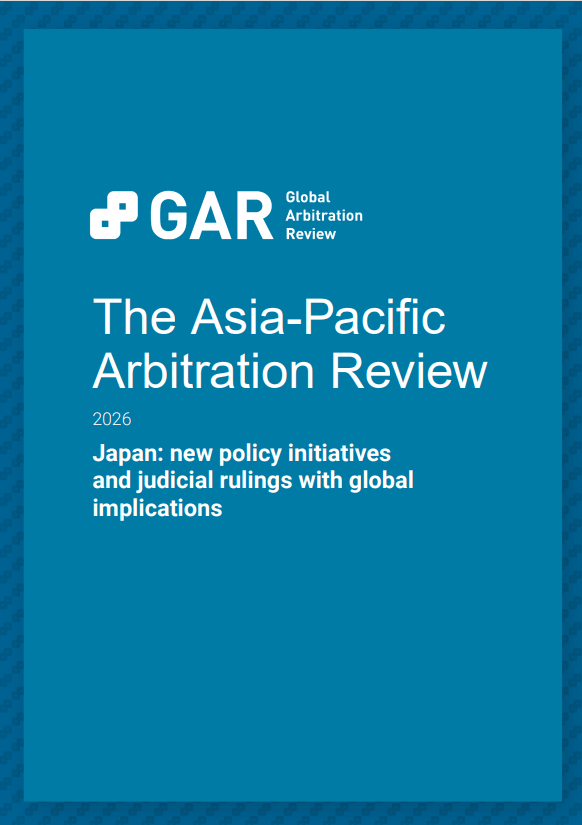

(May 2025)
Yoshimi Ohara, Shota Toda, Annia Hsu (Co-author)


Patricia O. Ko


Hiroki Tajima
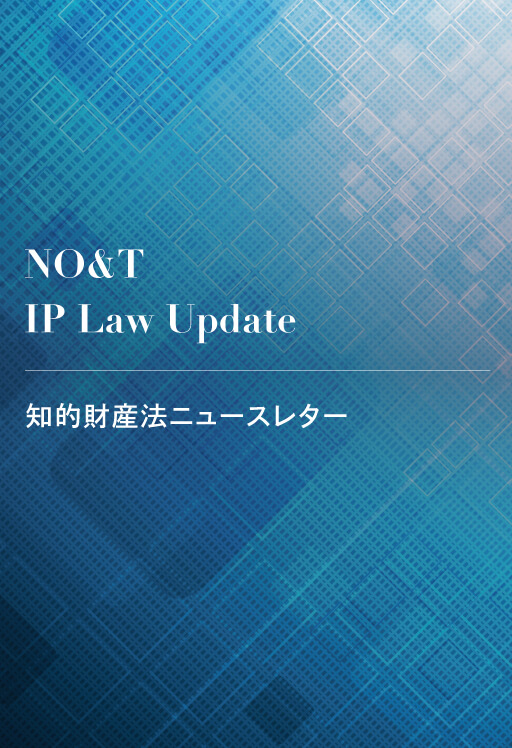

Kenji Tosaki, Takahito Hirayama (Co-author)
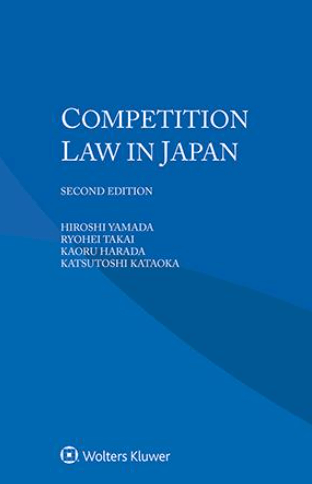

Kluwer Law International (April 2025)
Hiroshi Yamada (Co-author)
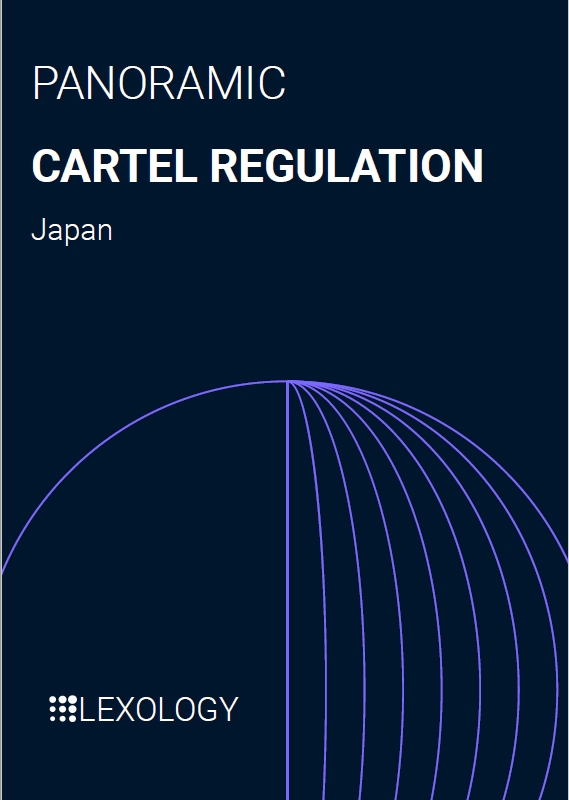

(January 2025)
Kaoru Hattori, Yoshitoshi Imoto, Ryohei Tanaka (Co-author)
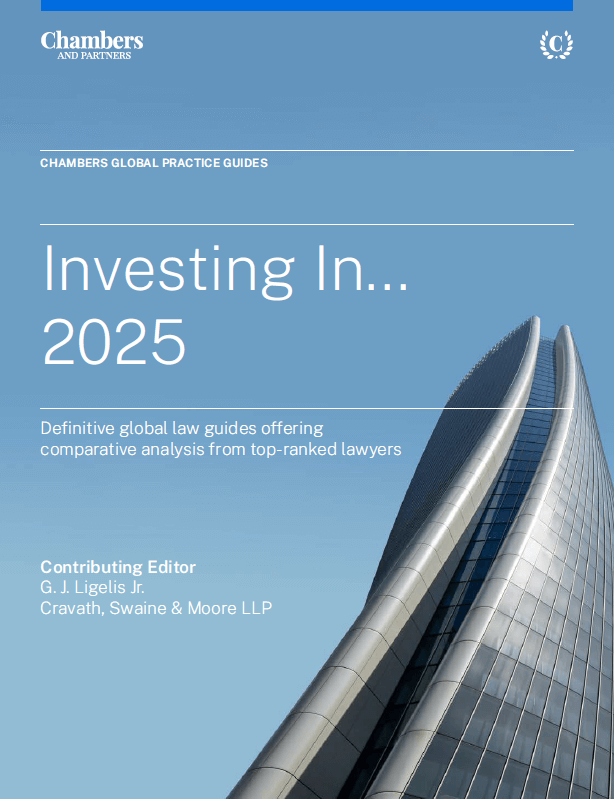

(January 2025)
Shunsuke Minowa, Yothin Intaraprasong, Ponpun Krataykhwan, Nopparak Yangiam, Salin Kongpakpaisarn, Poonyisa Sornchangwat (Co-author)
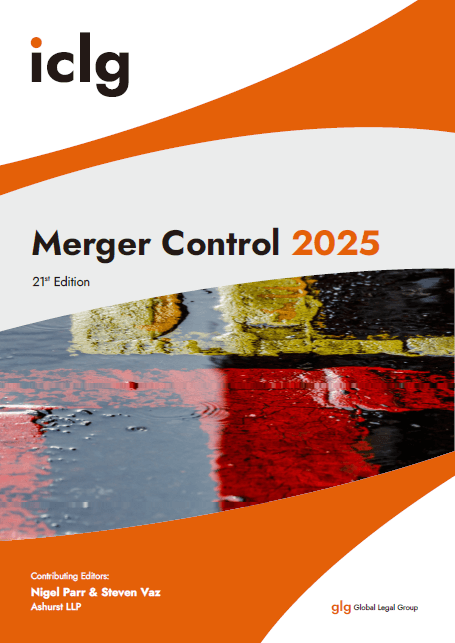

(December 2024)
Ryohei Tanaka, Tsuyoshi Isshiki, Nobuaki Ito, Haruki Koyama (Co-author)


Koki Yanagisawa


Nobuaki Ito
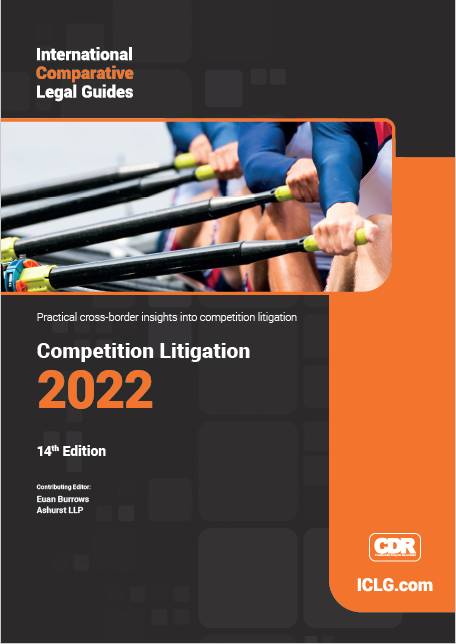

(October 2021)
Koki Yanagisawa


(February 2022)
Koki Yanagisawa


Kluwer Law International (April 2025)
Hiroshi Yamada (Co-author)


Tsuyoshi Isshiki


Masanori Tosu


Ichsan Montang, Anastasia Jessica Maureen (Co-author)


Patricia O. Ko


Ngoc Hoang


Yuan Yao Lee


Chattong Sunthorn-opas, Thunsinee Sungmongkol (Co-author)


Patricia O. Ko


Ngoc Hoang


Yuan Yao Lee


Chattong Sunthorn-opas, Thunsinee Sungmongkol (Co-author)


Ario Putra Pamungkas


Yoichi Maekawa


Anastasia Jessica Maureen


Luciana Fransiska